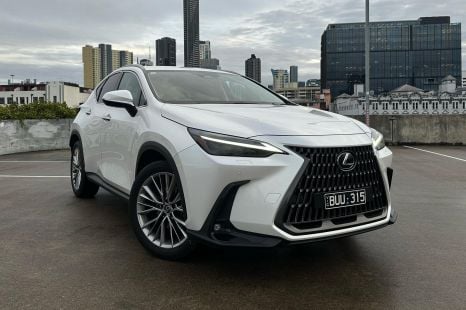

William Stopford
3 Days Ago
Genesis is the latest manufacturer revising its electrification strategy as demand for electric vehicles (EVs) cools.
The Korean Car Blog reports the brand is walking back its previous plans to transition from a purely combustion-powered lineup to a purely electric one by 2030.
The switch would see Genesis turn its attention to hybrid vehicles to cater for the change in demand, with The Korea Economic Dailyreporting the first such vehicle will launch in 2025.
While parent company Hyundai fields numerous hybrids, the Genesis range currently lacks any hybrid options.
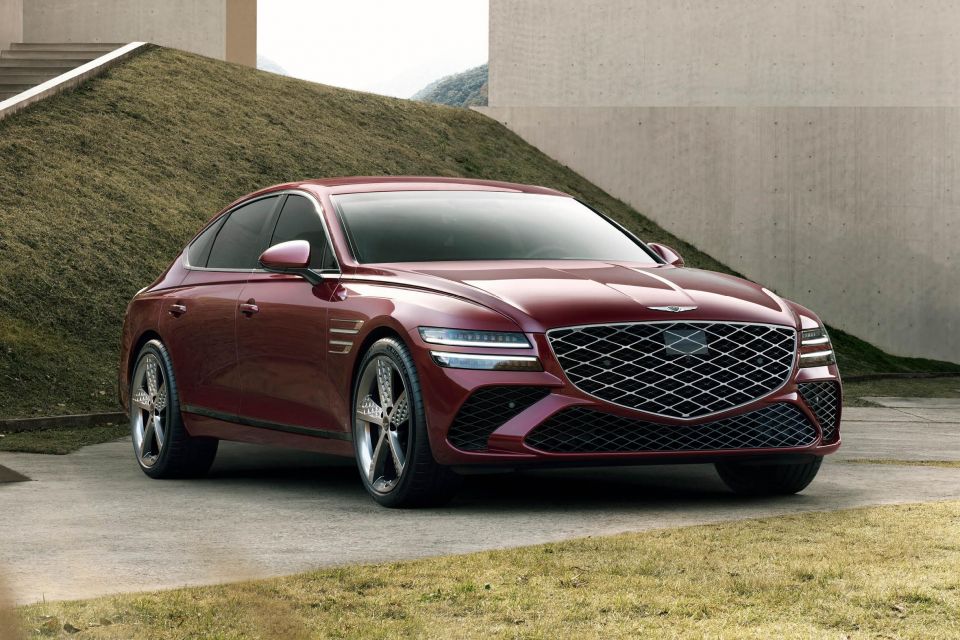
According to the Korean news outlets, the brand’s two best sellers – the G80 large sedan and GV70 mid-sized crossover – are prime picks to receive a hybrid drivetrain.
While a turbocharged 1.6-litre petrol four-cylinder is the base of parent-company Hyundai’s hybrid drivetrains, Genesis is likely to require more firepower – a bigger engine befitting its premium credentials.
This new hybrid powertrain will reportedly feature two electric motors mated with a 2.5-litre engine.
Suddenly pursuing hybrid models is a sudden departure from the brand’s all-electric ambitions, so why the change?
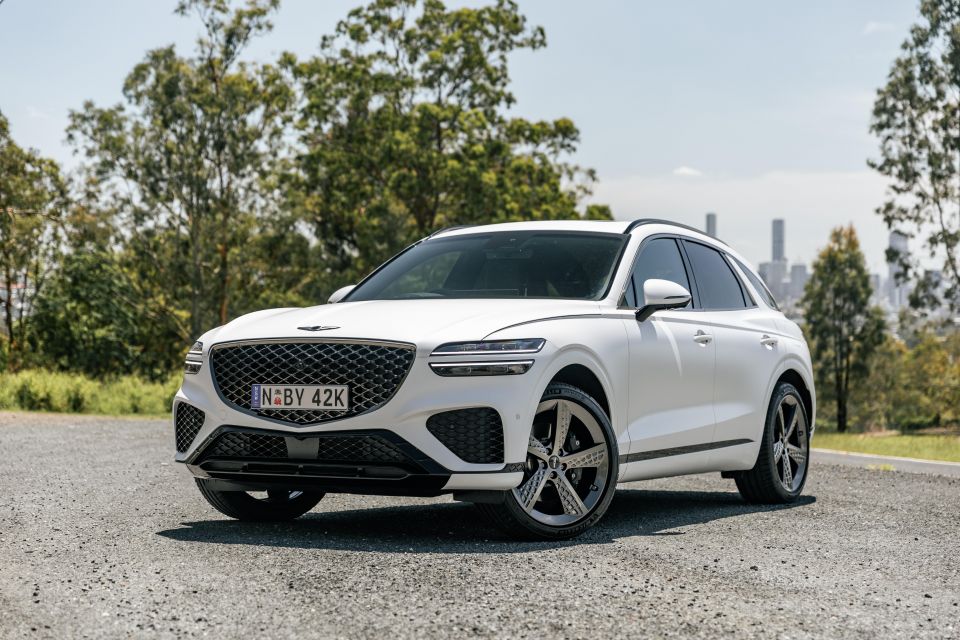
The Korean Car Blog reports the Hyundai Motor Group has seen the result of a shift in consumer preference, bringing with it a decrease in its EV sales share from 5.7 per cent to 5.3 per cent in the last quarter of 2023.
In comparison, hybrids saw an increase, with the drivetrain type now reportedly accounting for 10.6 per cent of its sales.
Looking at Genesis specifically, The Korea Economic Daily reports sales of its EVs declined from 18,846 to 18,759 in 2023.
The trend was reportedly not only evident in Korea, but overseas as well, particularly in the US where dealers are reportedly calling for the brand to launch plug-in hybrids.
Previously, Genesis said it would stop introducing new combustion-powered vehicles by 2025, ahead of switching to a purely electric range by 2030 and becoming fully carbon neutral by 2035.
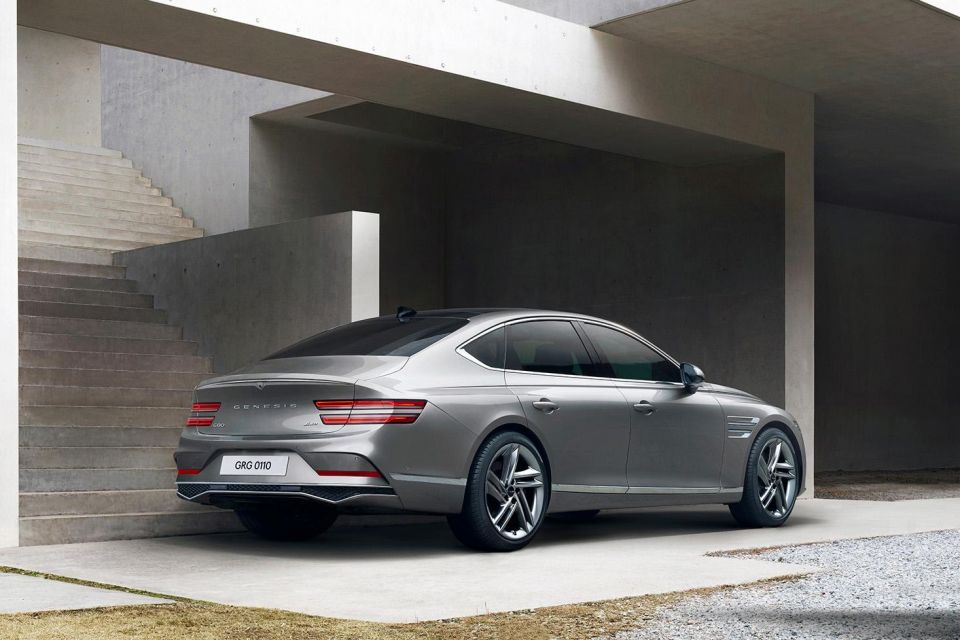
The Hyundai Motor Group has rolled out a range of EVs on its dedicated E-GMP architecture across the Hyundai, Kia and Genesis brands, and is working on a new platform that will underpin even more vehicles across the three brands.
It has previously indicated it wants to become more competitive in the EV space by taking battery development in-house.
This in-house development of lithium-ion phosphate (LFP) batteries would cut costs for the company, as well as reduce reliance on Chinese components.
The first Hyundai vehicles with in-house LFP batteries are reportedly set to debut in 2025.
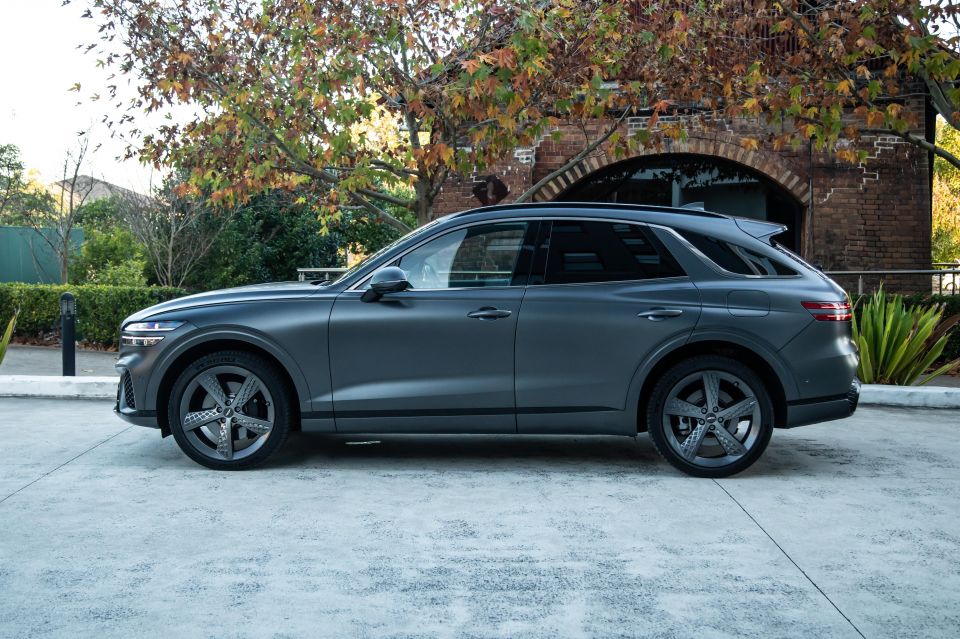
Hyundai is among many automakers having to adjust strategies on EVs.
US car giant Ford is also reportedly looking to slow down its EV rollout, after projecting losses of more than US$5.5 billion (A$8.43bn) on battery-powered models this year alone.
According to Ford CEO Jim Farley, the industry has experienced a significant transition in the past two years, from customer demand vastly overwhelming supply amid production constraints, to the market now being oversaturated with high-priced EVs.
In contrast, sales of hybrid Fords in the US have surged.
Ford is now considering delaying upcoming EV models, sourcing more batteries from external suppliers and remaining open to partnering with more manufacturers on EV platforms.
Take advantage of Australia's BIGGEST new car website to find a great deal on a Genesis.


William Stopford
3 Days Ago
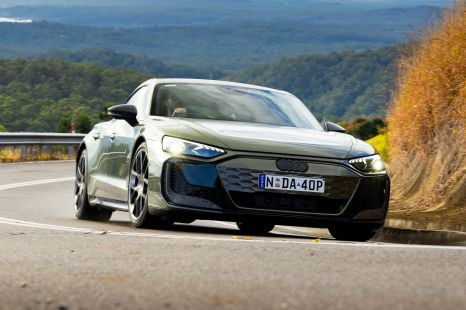

James Wong
3 Days Ago
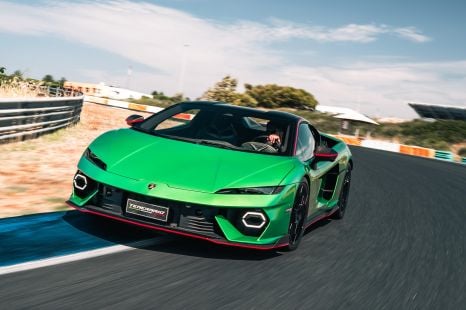

Alborz Fallah
2 Days Ago
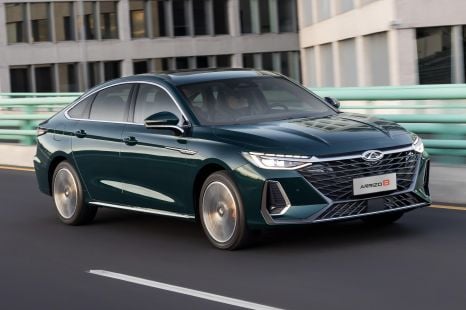

Max Davies
2 Days Ago
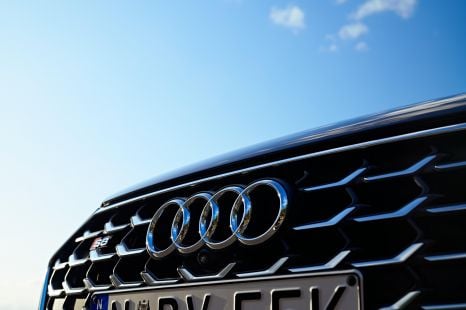

William Stopford
2 Days Ago
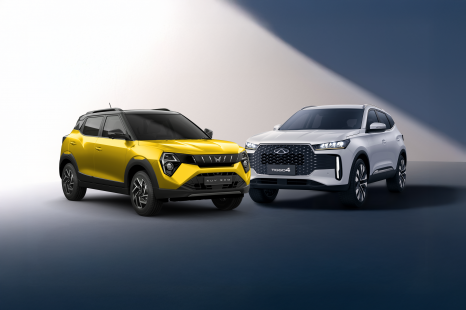

Andrew Maclean
1 Day Ago